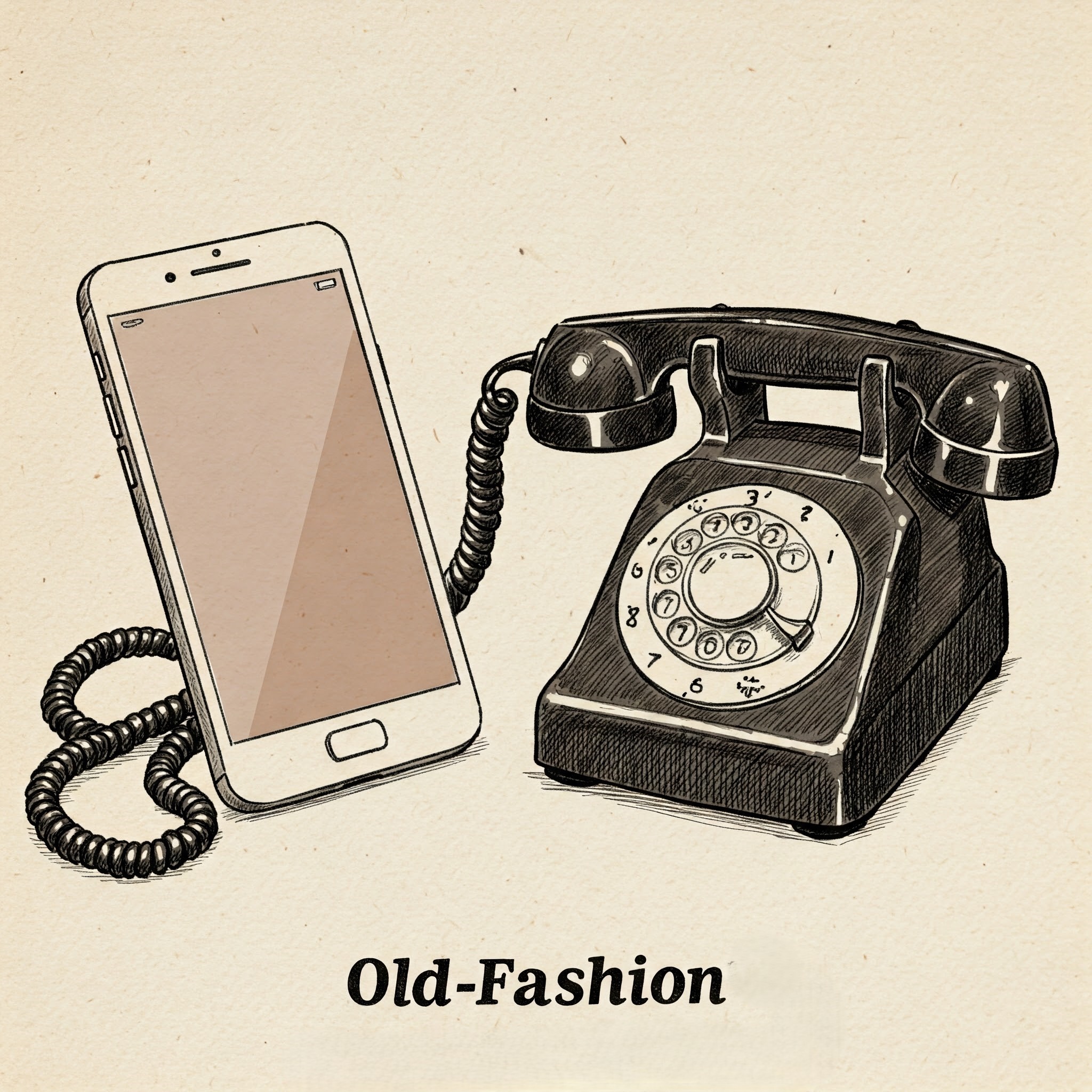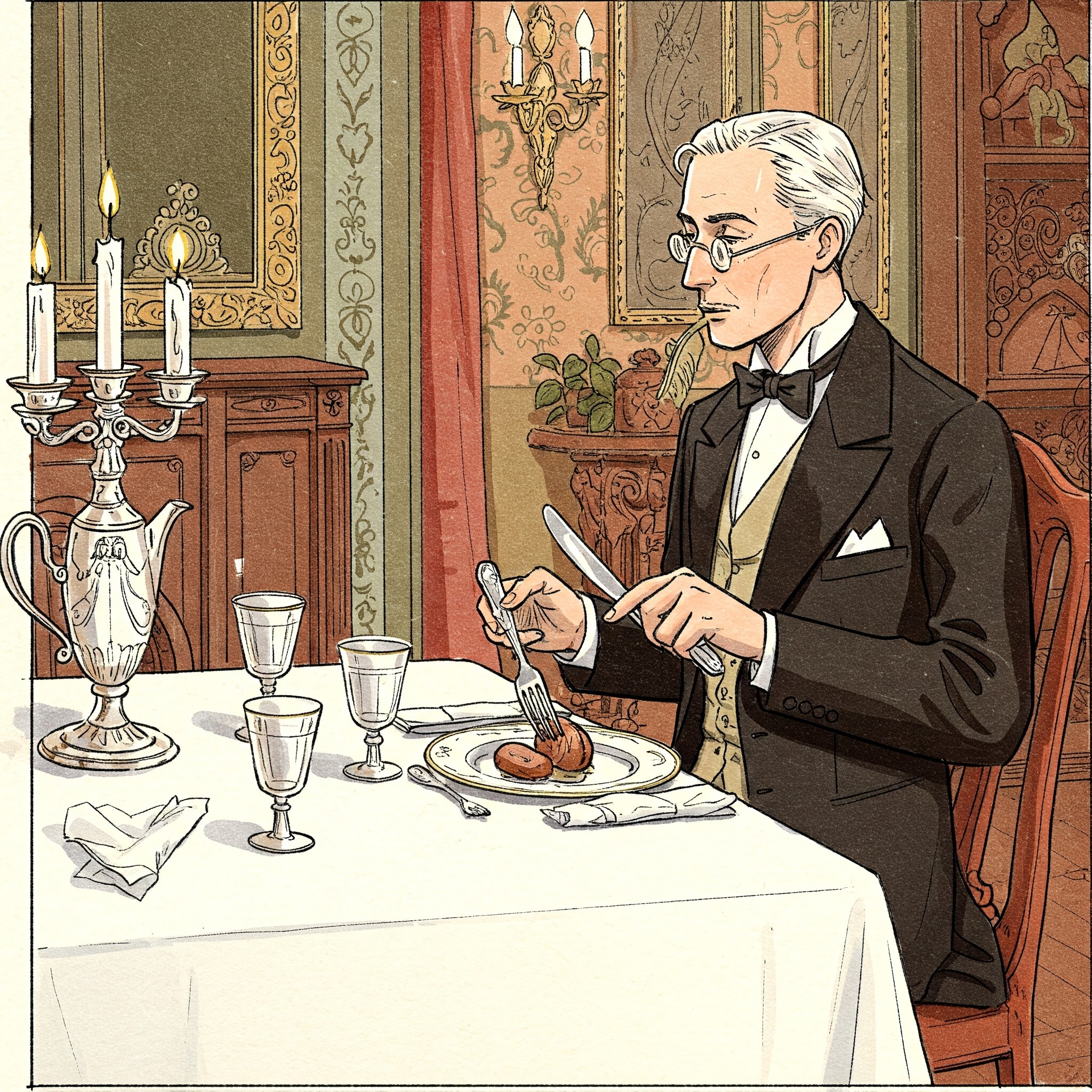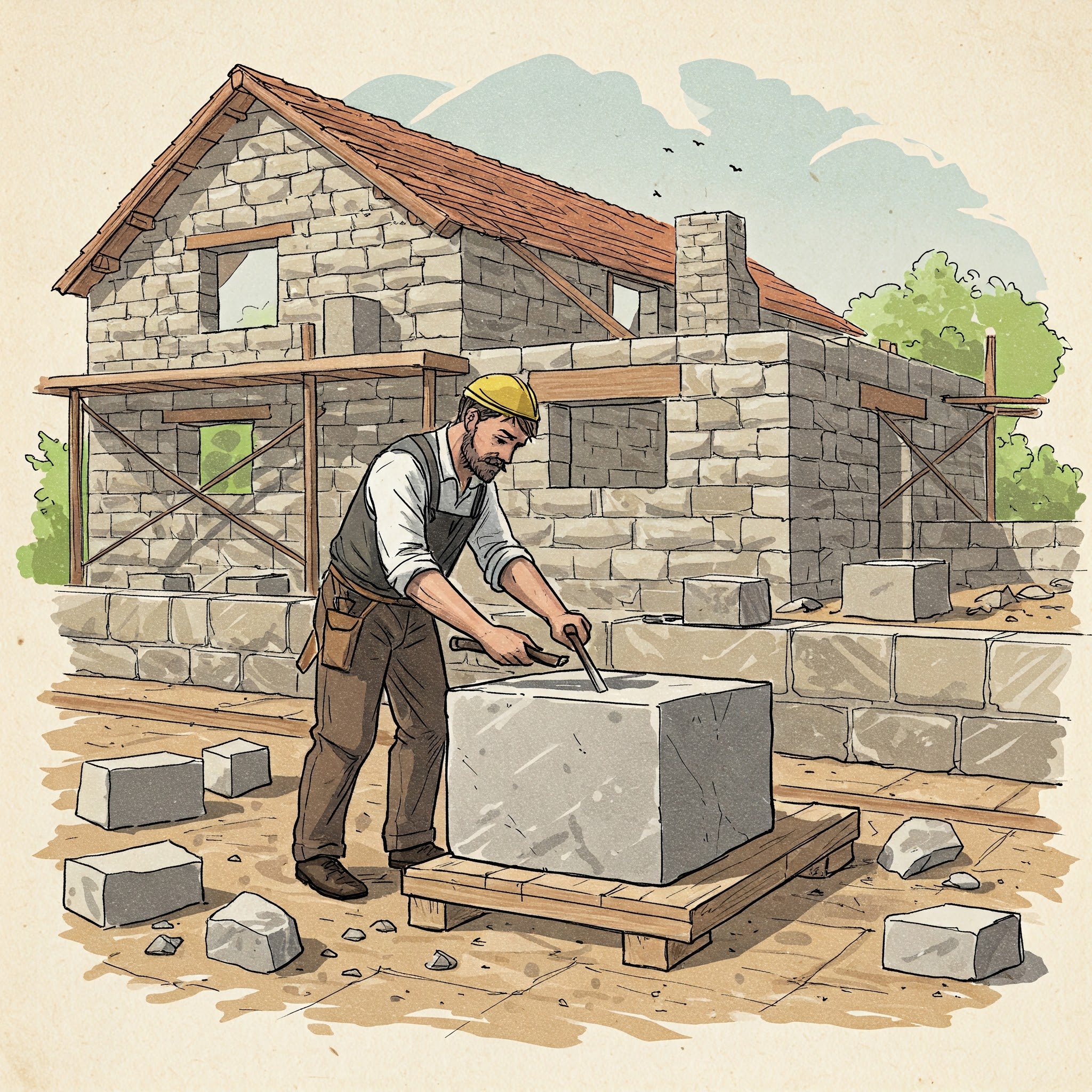Old-fashioned
Definition
Old-fashioned is an adjective used to describe something that belongs to or resembles a past time, often considered outdated, traditional, or not in line with modern trends.
Parts of Speech
- Adjective
Pronunciation
American English
- IPA Pronunciation: /ˌoʊldˈfæʃənd/
- Respelling: ohld-FASH-und
British English
- IPA Pronunciation: /ˌəʊldˈfæʃənd/
- Respelling: ohld-FASH-und
Etymology
The term "old-fashioned" is a compound of "old," from Old English "eald," meaning "having existed for a long time," and "fashioned," from Middle English "fasshouned," meaning "made or shaped." The term emerged in the 18th century to describe customs, styles, or behaviors that were outdated or traditional.
Derivatives
- Old-fashionedness (noun)
- Old-fashionedly (adverb)
- Old-fashionesque (adjective, rare)
- Old-school (synonymous term)
- Old-timey (informal adjective)
Synonyms
- Outdated
- Traditional
- Antiquated
Antonyms
- Modern
- Trendy
- Contemporary
Usage
As an adjective, "old-fashioned" is commonly used to describe things that are no longer in style or belong to a past era. For example, "She prefers wearing old-fashioned dresses."
It can also refer to behaviors or values that are considered outdated or traditional. For example, "He has old-fashioned manners, always opening doors for others."
Related Terms
- Vintage: Something from the past, valued for its quality or aesthetic.
- Classic: A timeless style or approach.
- Retro: A style that imitates past trends.
Detailed Definitions
Adjective
- No longer in fashion; outdated: Describes something that is not modern or trendy.
- Example: "That type of phone is considered old-fashioned now."
- Traditional or adhering to older customs: Refers to values, manners, or habits from the past.
- Example: "He follows old-fashioned etiquette when dining."
- Relating to a past style or method: Describes something made or done using older techniques.
- Example: "This house was built in an old-fashioned way, using hand-cut stone."
old-fashioned



🇨🇳 Mandarin Chinese
- "过时的" (Guòshí de)
- Pronunciation: /kwɔ̂ʂɻ̩̂ dɤ̌/
- Respelling: "gwoh-shr duh"
🇮🇳 Hindi
- "पुराने जमाने का" (Purāne jamāne kā)
- Pronunciation: /pʊrɑːne dʒəmɑːne kɑː/
- Respelling: "puraane zamaane ka"
🇪🇸 Spanish
- "Pasado de moda"
- Pronunciation: /pa'saðo ðe ˈmoða/
- Respelling: "pa-sa-do de mo-da"
🇫🇷 French
- "Démodé"
- Pronunciation: /de.mo.de/
- Respelling: "de-mo-de"
🇸🇦 Arabic (Modern Standard)
- "قديم الطراز" (Qadīm al-taraz)
- Pronunciation: /qaːdiːm atˤaraːz/
- Respelling: "qa-deem al-ta-raz"
🇧🇩 Bengali
- "পুরানো জমানার" (Purano zamanar)
- Pronunciation: /purono dʒɔmanar/
- Respelling: "pu-rono zo-ma-nar"
🇷🇺 Russian
- "Старомодный" (Staromodnyy)
- Pronunciation: /stərɐˈmodnɨj/
- Respelling: "sta-ro-mod-niy"
🇵🇹 Portuguese
- "Fora de moda"
- Pronunciation: /fɔˈɾa ðɨ ˈmɔða/
- Respelling: "fo-ra de mo-da"
🇮🇩 Indonesian
- "Kuno"
- Pronunciation: /kuno/
- Respelling: "koo-no"
🇩🇪 German
- "Altmodisch"
- Pronunciation: /altˈmoːdɪʃ/
- Respelling: "alt-mo-dish"
🇯🇵 Japanese
- "古風な" (Kofū na)
- Pronunciation: /koɸɯː na/
- Respelling: "ko-fuu na"
🇻🇳 Vietnamese
- "Lỗi thời"
- Pronunciation: /lɔj˧˩˧ tʰɔj˧˩˧/
- Respelling: "loiy thoy"
🇰🇷 Korean
- "구식의" (Gusik-ui)
- Pronunciation: /ku.ɕik̚.ɰi/
- Respelling: "gu-shik-ee"
🇹🇷 Turkish
- "Eski moda"
- Pronunciation: /es'ci mo'da/
- Respelling: "es-ki mo-da"
🇵🇰 Urdu
- "پرانے طرز کا" (Purāne tarz kā)
- Pronunciation: /pʊrɑːne tərʒ kɑː/
- Respelling: "pu-raane tarz ka"





